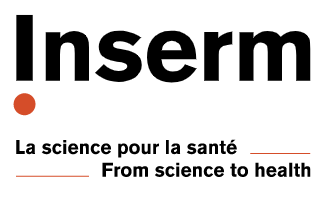
Would you consider a donation to support Weekend Reads, and our daily work? Thanks in advance.
The week at Retraction Watch featured:
- Elsevier retracts papers when it realizes one of the authors hid fact he was guest editor of issue
- UPenn prof retracts three papers for ‘substantive questions’
Our list of retracted or withdrawn COVID-19 papers is up to 223. There are more than 33,000 retractions in our database — which powers retraction alerts in EndNote, LibKey, Papers, and Zotero. And have you seen our leaderboard of authors with the most retractions lately — or our list of top 10 most highly cited retracted papers?
Here’s what was happening elsewhere (some of these items may be paywalled, metered access, or require free registration to read):
Continue reading Weekend reads: ‘The science crisis’; Peru president plagiarism probe; does a Nature cover help or hurt citations?





